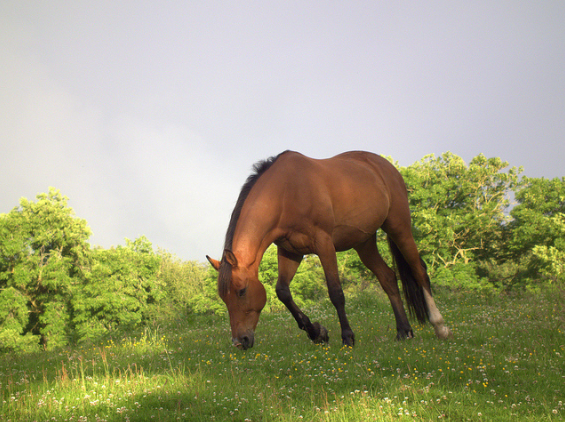News
Study finds horse DNA in 10 per cent of meat dishes in Mexico
MEXICO CITY — A study in Mexico has found horse DNA in almost 10 per cent of the ground beef and meat dishes served or sold in public markets, butcher shops, street stalls and taco stands in five Mexican cities.
Researchers at the School of Veterinary Medicine at Mexico’s National Autonomous University analyzed 433 samples of steak, ground beef and prepared meat dishes from businesses.
The highest percentage of horse DNA was found in ground beef sold at stalls, street markets or food stands, although less than 1 per cent of vendors acknowledged selling horse meat.
Horse DNA was not found in supermarket meat.
Mexico’s sanitary risks commission issued guidelines Friday telling consumers to closely check labels, but it appears that much of the meat in the study was sold without a description.
Researchers also found the steroid clenbuterol in 29 out of 43 meat samples that tested positive for horse DNA.
Clenbuterol has been banned in Mexico as a growth enhancer for cattle, but it is suspected to still be in use.
Mexico City food and culture magazine Chilango wrote about the findings this week under the headline “I bet you have eaten horse meat, and didn’t even know it.”
While horse meat itself is not illegal in Mexico, horses are often given medications which are not approved for animals being raised for food. Almost 85,000 U.S. horses were imported to Mexico for slaughter in 2015.






















